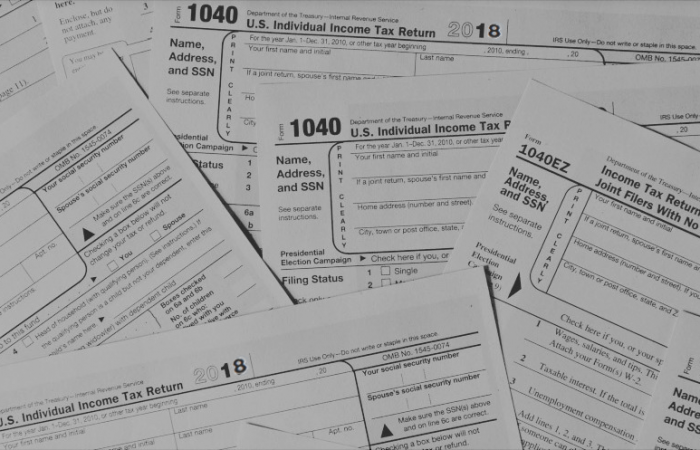
Tax Season Change for 2018
The Internal Revenue Service announced today that the nation’s tax season will begin Monday, Jan. 29, 2018 and reminded taxpayers claiming certain tax credits that refunds won’t be available before late February.
The IRS will begin accepting tax returns on Jan. 29, with nearly 155 million individual tax returns expected to be filed in 2018. The nation’s tax deadline will be April 17 this year – so taxpayers will have two additional days to file beyond April 15.
Many software companies and tax professionals will be accepting tax returns before Jan. 29 and then will submit the returns when IRS systems open. Although the IRS will begin accepting both electronic and paper tax returns Jan. 29, paper returns will begin processing later in mid-February as system updates continue. The IRS strongly encourages people to file their tax returns electronically for faster refunds.
The IRS set the Jan. 29 opening date to ensure the security and readiness of key tax processing systems in advance of the opening and to assess the potential impact of tax legislation on 2017 tax returns.
The IRS reminds taxpayers that, by law, the IRS cannot issue refunds claiming the Earned Income Tax Credit (EITC) and the Additional Child Tax Credit (ACTC) before mid-February. While the IRS will process those returns when received, it cannot issue related refunds before mid-February. The IRS expects the earliest EITC/ACTC related refunds to be available in taxpayer bank accounts or on debit cards starting on Feb. 27, 2018, if they chose direct deposit and there are no other issues with the tax return.
The IRS also reminds taxpayers that they should keep copies of their prior-year tax returns for at least three years. Taxpayers who are using a tax software product for the first time will need their adjusted gross income from their 2016 tax return to file electronically. Taxpayers who are using the same tax software they used last year will not need to enter prior-year information to electronically sign their 2017 tax return. Using an electronic filing PIN is no longer an option. Taxpayers can visit IRS.gov/GetReady for more tips on preparing to file their 2017 tax return.
April 17 Filing Deadline
The filing deadline to submit 2017 tax returns is Tuesday, April 17, 2018, rather than the traditional April 15 date. In 2018, April 15 falls on a Sunday, and this would usually move the filing deadline to the following Monday – April 16. However, Emancipation Day – a legal holiday in the District of Columbia – will be observed on that Monday, which pushes the nation’s filing deadline to Tuesday, April 17, 2017. Under the tax law, legal holidays in the District of Columbia affect the filing deadline across the nation.



